The content of the article
Immunization is a very important and necessary event that will protect the child from terrible diseases. Therefore, absolutely all parents are worried about their baby, when he faces such a serious procedure. After all, moms and dads want their children to grow up healthy and never get sick. Adults always attentively listen to medical instructions before the upcoming vaccination. They want to follow all recommendations exactly. Therefore, they often ask physicians the question of whether it is possible to take a walk with the child after vaccination.
Even doctors cannot answer this question unequivocally, because everything depends on the baby’s well-being, time of year and some other circumstances. Sometimes pediatricians recommend for reinsurance not to walk for several days with the baby after vaccination.Other experts consider it inappropriate to deprive the child of a healthy stay in the fresh air. Let's try to understand the details of this situation.
Opinions of experts
The opinion that after the introduction of the vaccine, the children's body is more susceptible to infections is mistaken. Live attenuated vaccines are introduced to ensure that the body of the baby formed immunity to a specific type of pathogen. Vaccinations are done mainly against dangerous infections that can be fatal.Among them are diphtheria, measles, whooping cough, polio and other diseases. Therefore, fears that after vaccination the baby becomes defenseless, completely baseless.
When it is better to refrain from walking
Of course, in certain situations, a ban on walking with a child immediately after vaccination will be justified. Such a decision can be made by a pediatrician if the vaccine was given to a child who is not quite healthy. That is, there was a case of violation of the instructions, because all types of vaccinations should be carried out only completely healthy children. Restrictions are also imposed if the pathological reaction is manifested as a result of vaccination. These features include:
- high temperature (above 39 *);
- allergic manifestations (rash, hyperemia);
- respiratory symptoms;
- child’s refusal to eat;
- anxiety, sleep disturbance;
- respiratory failure.
In this list are listed the most common abnormalities that can be observed in babies after vaccination. But if all these signs are not clearly expressed, then it is impossible to deprive the baby of fresh air. Just a little time to walk.
Another important point: if the baby feels not quite well after vaccination, parents should refrain from contacting other children for a while. When the critical period passes, then it will be possible to return to full walks.
The role of vaccination
In principle, the possibility of the baby being on the air does not depend on the vaccination itself. Although the reaction to the introduction of the vaccine can serve as a reason limiting this possibility. Let's try to figure out how different vaccinations can affect this process:
- DTP is a combination vaccine. It is to her that the reaction is most often observed in young children. It usually manifests itself in raising to 38 degrees temperature. A similar phenomenon is observed only on the first day after immunization.
- Vaccination against hepatitis, as a rule, passes without complications. Therefore, any deterioration in the well-being of the baby must alert adults.
- Poliomyelitis vaccine rarely causes allergic reactions. In such a situation, antihistamines help.
- After vaccination against rubella, measles, and mumps, a reaction can only be expected in a week.
- Acute effects may produce influenza vaccines. The reaction is usually similar to the manifestation of rhinitis, it can be low-grade fever, cough.
Useful tips for parents
To prevent the child’s vaccination procedure from becoming a problem, moms and dads will benefit from the following tips, which are logically divided into two stages:
Before vaccination:
- Vaccination should be done only perfectly healthy baby. If the child was sick, then after his recovery should take two weeks.
- On the day of vaccination in the diet can not enter new products. This also applies to the introduction of complementary foods.
- If a DPT vaccination is planned, the child should be examined by a neurologist and pediatrician. If certain diseases are detected, vaccination may be postponed or canceled altogether.
- Children with a tendency to allergic manifestations should be consulted by an allergist.
- Parents must be confident in the qualifications of the doctor who authorizes vaccination. Not bad as to verify the suitability of the vaccine, which will be administered to the child.
After vaccination
After the procedure, it is worth asking the pediatrician again about possible complications,which may occur after vaccination. Also, parents should know what they should do in such cases.
- After manipulation, adults should try to calm the child. You can distract the baby with your favorite toy or pick it up.
- Within half an hour after vaccination, one must still stay in a medical institution. This is necessary in case of a negative reaction.
- If after the procedure the child is active and plays with pleasure, you can walk with him.
- When the temperature rises, the baby should be given the recommended dose of a febrifuge by the doctor. Such a need may arise after the introduction of DPT - vaccine.
- If a specialist prescribed antihistamines, they should also be given to the child.
- It is possible to bathe the baby after vaccination if he has a normal state of health.
- The feeding regimen should remain unchanged a week after vaccination. The same goes for diet.
- If undesirable reactions occur, it is necessary to consult a doctor.
In conclusion, it remains to add that walks are necessary for the full development of the baby. Vaccination is a routine and very necessary procedure for children's health.Therefore, if the baby is well tolerated vaccination and his condition is normal, a walk is necessary. In the event of an adverse period after the immunization of the baby, the parents should not take independent action. It is necessary to call the doctor at home and strictly fulfill his appointment. Perhaps the temporary indisposition of the baby is not caused by vaccination, but by a completely different reason.
Video: vaccinations - reactions and complications


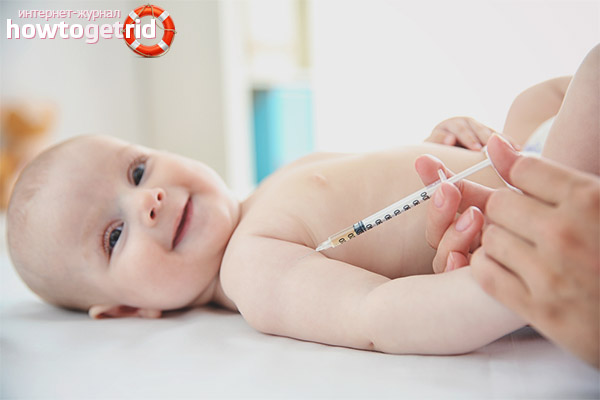

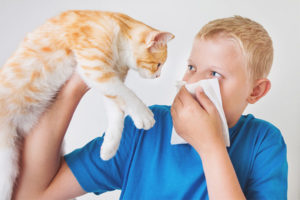
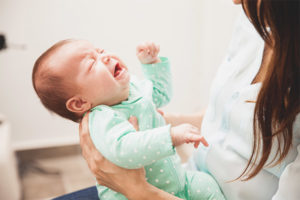
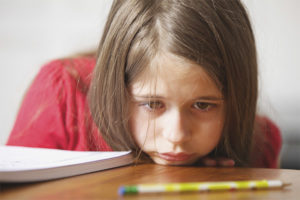
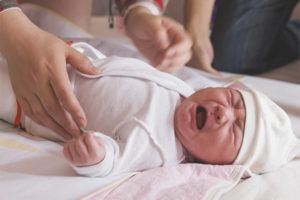
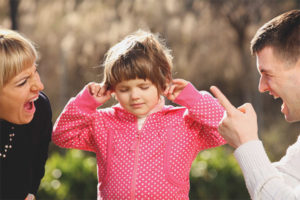
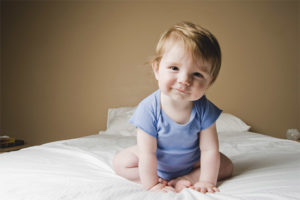
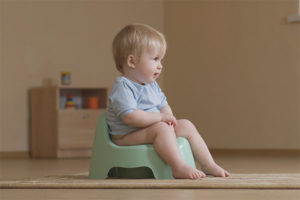
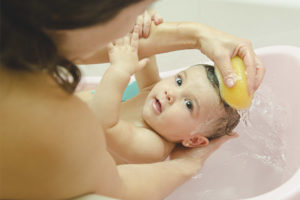
To send